
Causes of scalp folliculitis
Scalp folliculitis is essentially an infection that can be caused by bacteria, yeast or mites. When they attack the scalp, they cause infection which manifests itself as pustules. People who have oily scalp and hair are more prone to folliculitis, because overproduction of sebum from the sebaceous glands clogs the pores and makes them a good breeding ground for bacteria. The bacteria that are considered to be most responsible for folliculitis are Propionibacterium acnes and Staphylococcus.
Factors that may contribute to folliculitis include excessive sweating, poor personal hygiene, constantly wearing hats, heat and humidity, exposure to pollution and toxic chemicals, as well as conditions and diseases like eczema, dermatitis and diabetes.
Symptoms of scalp folliculitis
The main symptom of scalp folliculitis is the presence of small, itchy bumps on the scalp. These bumps are called pustules, they are filled with pus and they are usually located at the front hairline. They can become quite big and hard, still filled with yellow puss, and they can cause pain. Large pustules may lead to scars and hair loss.
Scalp folliculitis can be divided in two types. Superficial folliculitis causes smaller bumps that only cause itch and go away without scarring, while deep folliculitis affects the whole follicle and may damage it so the hair will not grow from it anymore. This type also may leave scars and the pustules can be very painful.
Treatment for scalp folliculitis
Mild scalp folliculitis can be treated with regular shampooing. People who have oily scalp should use shampoos that contain zinc, which regulates the production of sebum. Anti-dandruff shampoos that contain anti-fungal agents, as well as shampoos containing salicylic acid, are also recommended. The hair and the scalp should always be clean and dry.
More severe cases of folliculitis may have to be treated with antibiotics. Antibiotics may be topical, in form of ointments or creams, or, in severe cases, oral. Oral antibiotics for folliculitis are often combined with antihistamine medications.
Scalp folliculitis is very contagious. Persons who suffer from it should not share their personal items like combs, towels, hats and similar, with other people. They should wash their hands frequently and always use a fresh towel.


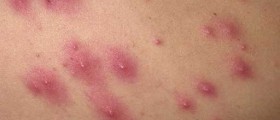
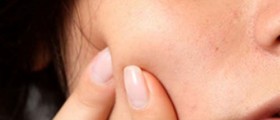






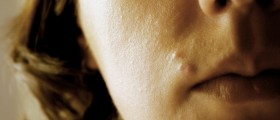

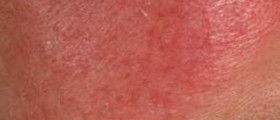

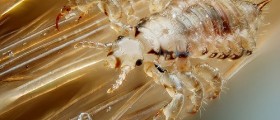
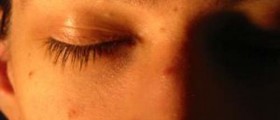
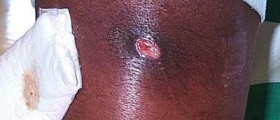
Your thoughts on this
Loading...